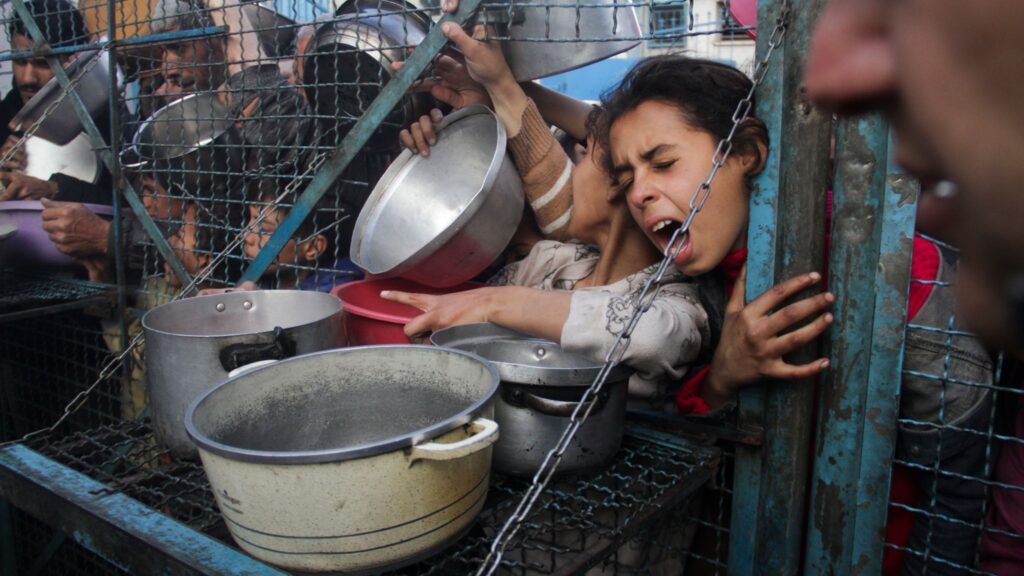Israel has announced a limited resumption of food aid into Gaza after nearly three months of a near-total blockade, citing the urgent need to avert a full-blown starvation crisis in the war-torn enclave. The decision comes as Israeli forces expand their ground offensive under a new military operation dubbed Gideon’s Chariots.
Israeli Prime Minister Benjamin Netanyahu confirmed the move in a statement on Sunday, framing it as a humanitarian necessity advised by the Israeli Defense Forces (IDF).
“As we promised, we have launched a powerful campaign against Hamas, ‘Gideon’s Chariots’. IDF forces are simply entering with force into the [Gaza] Strip with a dual goal: defeating Hamas and freeing our hostages. Two goals that are intertwined, and we will achieve both,” Netanyahu said.
He added that the partial easing of the blockade was made on the recommendation of the IDF, which warned that an unfolding hunger catastrophe could jeopardize the broader military objectives.
Humanitarian organizations estimate that nearly 500,000 Palestinians in Gaza are now enduring catastrophic levels of hunger. The enclave’s food supply chains have collapsed under the weight of continued bombardment and restrictions, pushing many residents to the brink of starvation.
Food security experts have long cautioned that Gaza would slip into famine conditions unless Israel lifted the blockade and halted its ongoing assault. A recent UN-backed report underscored the warning, stating that one in five people in Gaza are facing starvation and that without immediate large-scale intervention, the region could witness a man-made humanitarian disaster of historic proportions.
While the Israeli government’s latest move is being viewed as a step toward addressing the crisis, aid agencies stress that the volume of food permitted remains insufficient to meet the scale of need. They continue to call for a full ceasefire and unrestricted access to humanitarian assistance.
As Operation Gideon’s Chariots escalates across the Gaza Strip, the situation on the ground remains dire, with no signs of de-escalation. The coming days are likely to test whether humanitarian considerations can balance the brutal realities of a deepening military confrontation.


